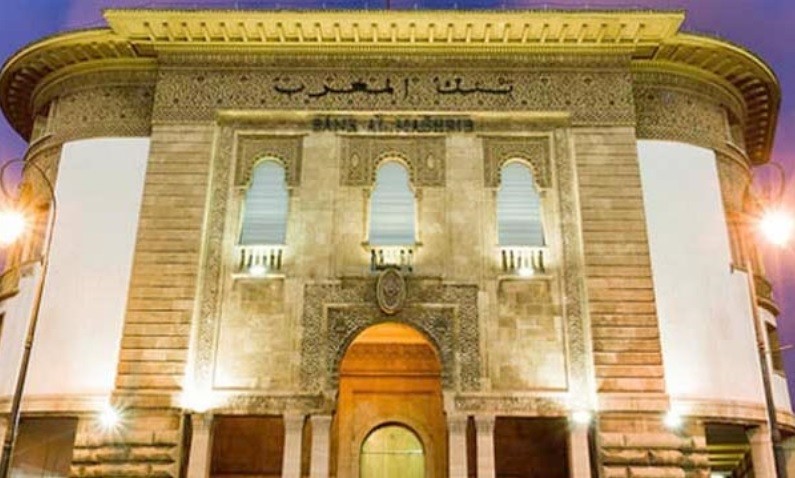Morocco’s Central Bank to Maintain Benchmark Interest Rates at 1.5%

Rabat - Bank Al-Maghrib (BAM), Morocco’s Central Bank, announced today its decision to maintain interest base or benchmark interest rates at 1.5%, saying the move is in line with Morocco’s positive post-COVID recovery projections.
The bank’s board made the decision during a meeting today in Rabat. Chaired by Abd Latif Jouahiri, BAM’s governor, the board meeting concluded that the enacted monetary policies remain persistent with Morocco’s economic outlook amid encouraging post-COVID projections.
Offset by the robust vaccination campaign, Morocco’s economic recovery prospects remain largely positive despite a somewhat foggy long-term recovery amid fears of new waves of COVID-19, the bank stated in a press release summarizing the key talking points of the board meeting.
Based on international macroeconomic conditions, Morocco’s central bank revised inflation rates for 2022 upwards to 2.7%.
Read Also: CGEM, IMF Discuss Morocco's Post-COVID Economic Recovery
BAM’s press release noted that the jump in consumer prices is caused by pandemic-induced disruptions in the global supply chain.
Regarding global economic growth, the Moroccan central bank said that after a 3.5% contraction in 2020, and the ensuing 5.9% rebound, global economic growth is expected to gain more momentum throughout 2022 and reach 4% before stagnating at 3.1% in 2023.
With the recent, unprecedented surge in commodities prices, BAM predicts that food and energy commodities will remain above pre-pandemic levels for the forthcoming two years.
Skyrocketing energy prices and the global supply chain crunch will also continue to weigh down on the consumer price index, the bank projected.
On the national level, the economy is expected to record a 6.7% growth this year, supported by continuous monetary stimulus and a robust agriculture season.
However, the short-term outlook still hinges on the global progression of the pandemic, according to BAM.
In terms of external accounts, the Moroccan central bank explains that after sustaining a hit in 2020, exports are recovering at a fast rate of 21.7% this year. According to BAM, Morocco’s external accounts have been offset by increased phosphate prices and car manufacturing, dwarfing the worldwide supply crisis in semiconductors.
Notwithstanding the robust recovery in exports, imports are expected to increase at a much faster rate of 22.9%. In BAM’s assessment, this import-export discrepancy is due to increasing energy prices, which has negatively impacted Morocco’s trade deficit.

